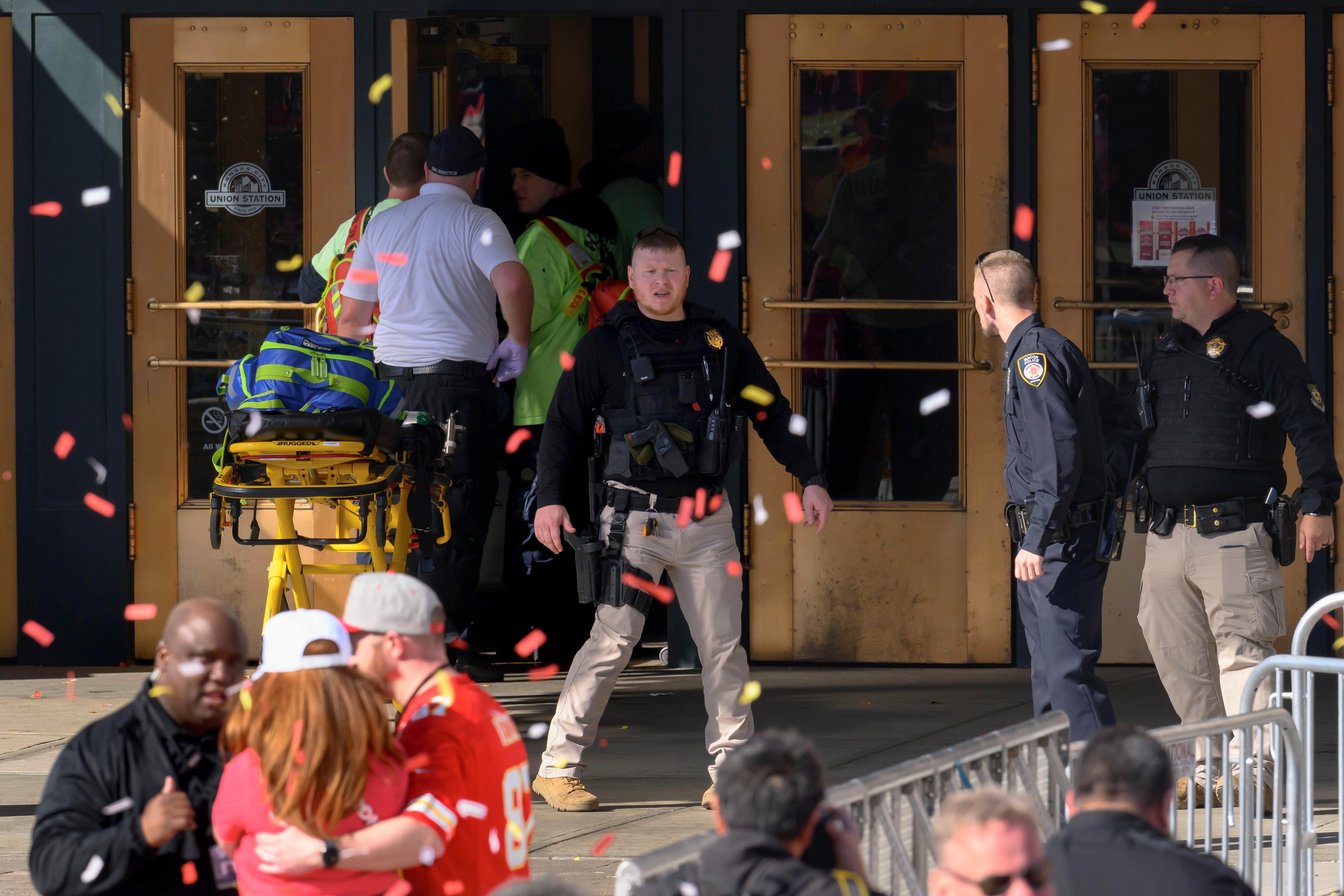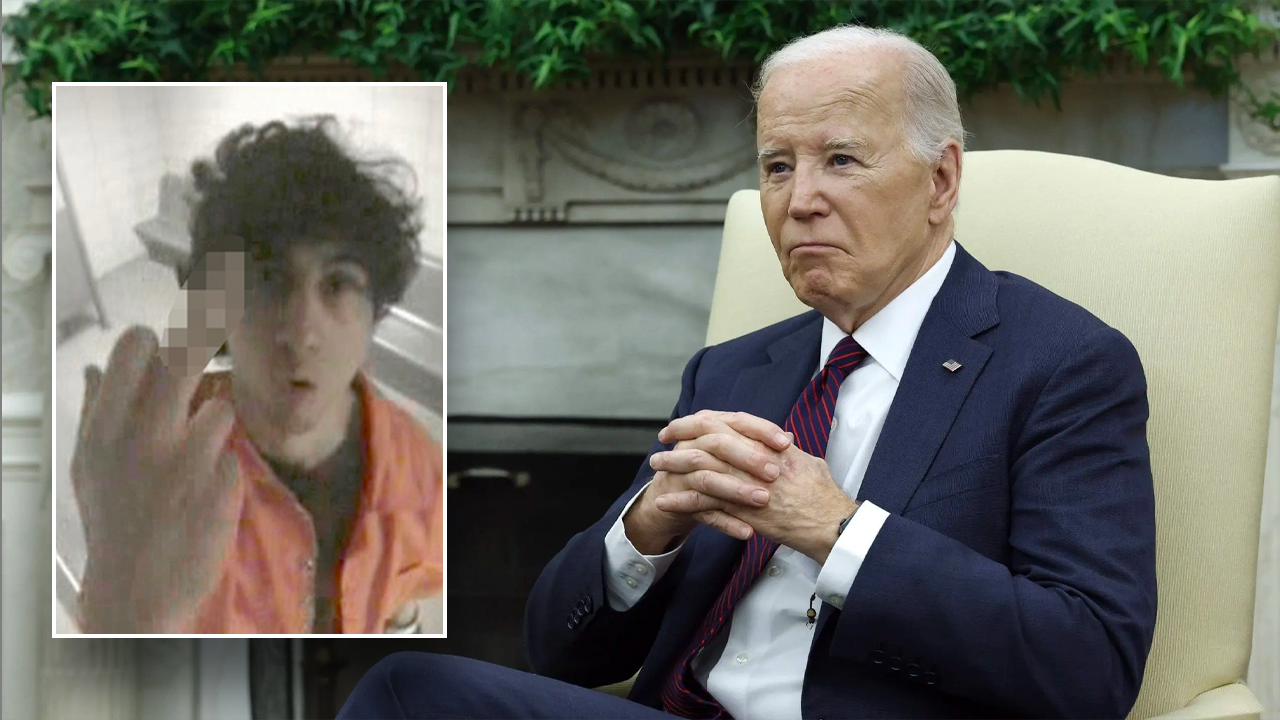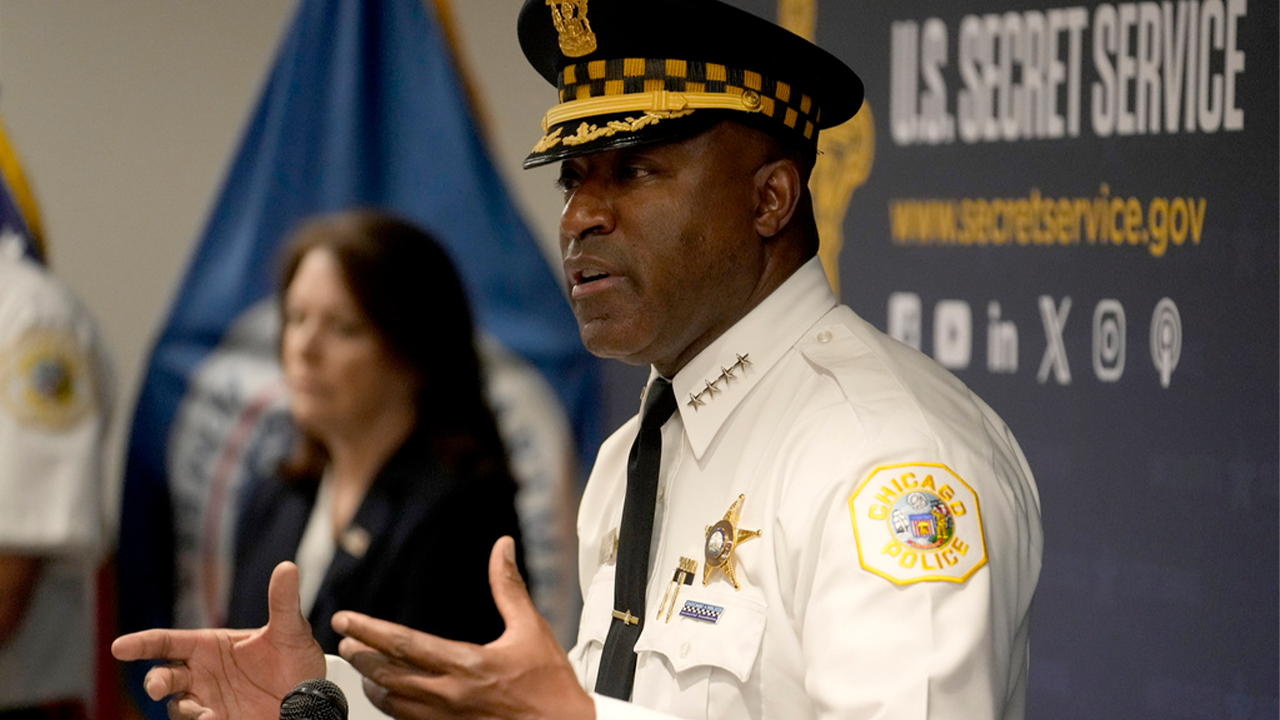Among life’s major milestones — think graduations, weddings, even annual events like birthdays and anniversaries — the retirement day is notably lacking in cultural convention, shared ritual. (Even the ceremonial gold watch today seems more the stuff of myth than reality.) It mostly tends to fall to co-workers, family, even retirees themselves to conjure, ad hoc, a celebratory send-off. Here’s a look at how a range of new retirees marked the end of their working days.
Arthur Jay
Fabric-store owner, 82, St. Petersburg, Fla.
Arthur Jay didn’t think he would spend his life running the family business. After growing up around his parents’ first fabric store on Long Island, he left to attend college and then to pursue a career in management at Kmart. But when Jay was 27, his father died unexpectedly, so he had to take over at Jay’s Fabric Center in St. Petersburg. Jay still wonders about what could have been, but over the last 54 years, he found his way to quiet moments of job satisfaction: helping someone pick out colors for a bedspread, planning custom draperies. “For me, every customer that came in was a different opportunity,” he says. “If you don’t enjoy what you’re doing, getting up every day would be a drudgery.”
Taking down an old photo to keep.
Opening a cake to share with staff and customers.
Locking the front door for the last time.
As a small-business owner who is closing his store, Jay is practical about the transition into retirement. Even after helping his last customer, he still had to ship the last orders, sell off the remaining inventory and pay the bills. But he was glad to have a last day of business, when longtime customers came by to thank him and his employees over slices of vanilla cake with vanilla frosting. “I’m sorry, but I like vanilla,” Jay says. “That’s one thing I got to do, because it was my cake.” He ate two pieces.
Juliane Bingener-Casey
Surgeon, 61, Rochester, Minn.
Before her last day in the operating room, Dr. Juliane Bingener-Casey, a surgeon and professor of surgery at the Mayo Clinic, experienced a series of lasts. “I knew when I did my last stomach case, my last small bowel,” she says. “You want them to go spectacularly well, with a cherry on top.” When she successfully finished her final operation, she was unsentimental, ready to put the scalpel down. “I felt like I was done,” Bingener-Casey says.
Tossing her final scrubs.
Celebrating with colleagues at a dinner in her honor.
Over thousands of complicated cases on the operating table, Bingener-Casey learned to separate her feelings and her work. “You have to have very good control of your emotions, meaning you bury them,” she says. She did feel those emotions at her retirement reception, when the microphone was opened up to her colleagues after dinner. “I didn’t know I’d need so many tissues — one of my friends said I hadn’t cried like that in a long time,” Bingener-Casey says. “Hearing out loud that you’re appreciated and that people feel you’ve added value, in otherwise a very matter-of-fact surgical world, it’s just beautiful.”
Roz Varon
TV-news traffic anchor, 66, Chicago
Over 35 years of reporting for ABC7 Chicago, Roz Varon has seen her city from some unique vantage points. She has reported from the roof of the 110-story Willis Tower, the dinosaur-fossil storage room at the Field Museum, inside Glinda’s bubble onstage at a production of “Wicked” and atop a bull at the rodeo. “When I would drive into work every morning, I would look at the Willis Tower and think: I stood up there. Who gets to do that?” Varon says. “I would think to myself, Chicago is my city.”
Finishing her makeup at 3:45 a.m.
Old colleagues came back to surprise her.
Cutting a celebratory cake.
Greeting her fans, human and canine.
Varon has been a familiar face for generations of Chicagoans, offering no-nonsense traffic reports ever since the ABC7 morning show debuted in 1989. So when it came time for her to retire, her city showed up. A partial list of the fans who congratulated her on her last day: Girl Scouts from Illinois and Indiana; members of the Chicago Department of Transportation, who gave her a Roz Varon Way street sign; Alan Krashesky, the first morning anchor at ABC7; her former journalism students; fellow breast-cancer survivors; and puppies from the anti-cruelty group she supported. Her co-workers presented her with a proclamation from the City of Chicago, declaring it Roz Varon Day. “It was mind-blowing, one thing after another after another,” Varon says. “It was like there was no other news, just special surprises for me!”
Tony Pabón
Latin-dance-music D.J., 60, Cincinnati
There has always been a certain feeling of euphoria that comes to Tony Pabón as he looks out at the dance floor from his D.J. table at Salsannati Dance Company. “To play music and have people start to clap or move their body or dance — that’s powerful,” he says. “I have to pinch myself sometimes.” So when his job started to feel more like a chore than a joy, Pabón knew it was time to retire. (He will continue working a day job at a bank.) “Lately, I’m not having the passion,” he says. “I’m doing it because it’s my duty.” Besides, standing for four-hour sets was taking a toll on his knees.
D.J.ing for the final time.
A toast to ends and beginnings.
But first, there was his last show at Salsannati. Over decades of D.J.ing at restaurants, for parties and on river cruises, Pabón had become a fixture of Cincinnati’s Latin-music scene. Regulars packed the floor for the last night with D.J. Tony; the studio owner made a speech and gave Pabón a bottle of bourbon. “I like to talk a lot, but I found myself without words to say, because it was so overwhelming,” Pabón says. “I was on cloud nine for the whole night of dancing, even though I had the worst knee pain.”
Pabón is selling his D.J. equipment as he focuses on his other interests: leading a marriage group at church with his wife, painting and spending time with his grandchildren. Part of his identity will always be tied to music, which it has been ever since his first disco sets as a teenage D.J. in Cabo Rojo, Puerto Rico. “At the end of the day, when you’re tired and frustrated, you put on that vinyl and drop that needle,” he says. “The sound comes out of the speakers, and you’re a brand-new person.”
Frances Fotia
Church organist, 83, Ellwood City, Pa.
When Frances Fotia was in the fifth grade, the nuns heard that she took piano lessons and asked if she would like to learn how to play the organ. She said yes and, soon after, started to play at Mass every day. “I kept doing that practically for the rest of my life,” Fotia says. She played as she raised her four daughters, and as they grew up and she became a grandmother. She played the organ at the funeral Masses for both of her parents; she played at friends’ weddings, and then at the weddings of their children. “I loved playing for the people for their sung prayer,” she says. “That’s basically what it was all about.”
Adjusting the stops to prepare the organ.
Celebrating with her family at home.
In recent years, she shifted to weekly services. Easter Mass was her last day both playing the organ and directing the choir, which includes singers she has known since she was a girl. They sang “God’s Right Hand,” one of her favorites — and then surprised her with the song they sing at the end of choir practice, “May God Bless and Keep You.”
Fotia now sits in the pews, not at the organ bench. But she still thinks about the connection she has felt with the organ since she started playing Mass more than 70 years ago. “When I sat down at that console,” she says, “it was like putting on a pair of slippers.”
Sheila Giuntoli
Letter carrier, 58, Bakersfield, Calif.
As Sheila Giuntoli made her daily journey along her postal route, she delivered to homes where she witnessed children grow up and houses where she made peace with the family dogs. She passed homes where she attended baby showers and birthday parties. She delivered mail to one yard where, six years ago, a customer asked her out; their four-hour first date at Denny’s led to a backyard wedding and a happy marriage. “It really was a blessing to me,” Giuntoli says about working at the post office. But after 30 years and two hip replacements, it was finally time to retire.
On her route for the final time.
Hugging a customer during her final delivery.
With her husband at the office party.
Her last day began with celebration. There was a speech from a post-office official; a Million Mile plaque honoring her 30 years of service driving without an accident; and a potluck with co-workers. Then she set off on her route, where she said goodbye to customers she had known for a decade. “It made me real emotional,” Giuntoli says.
The bigger celebration came that Sunday night, when her children threw her a retirement party. Co-workers past and present danced, took photos in a photo booth and told stories about the old days, before electronic scanners and Amazon packages. Retirement “made me feel like I lost a family member,” says Giuntoli, who plans to keep in touch with people on her old route. “But I know I have to move on and start a new chapter in my life.”
David DuVall
Firefighter, 54, Dolton, Ill.
For 30 years, David DuVall worked 24 hours on, 48 hours off at the fire station. During those long shifts, his fellow firefighters were his second family: Every third day they would watch the morning news, shop for groceries, play cards, cook chicken Parmesan and grill steak, watch Bears and Blackhawks games — and, of course, fight fires. “It’s the only thing I know,” he says, “so to say I’m gonna be giving it up is a big unknown. Frankly, it’s a little scary.”
Taking down his nameplate.
Celebrating with beers starting at 8 a.m.
After his final shift ended at 7 a.m., DuVall heard one last call over the radio, announcing his retirement. Then he and his wife stepped out of the station together, preceded by a fellow fireman playing the bagpipes. Before them stood a cheering crowd, full of loved ones and firefighters from Dolton and neighboring villages. “I was very humbled by it,” DuVall says.
By 8 a.m., DuVall and his entourage headed to a local bar for drinks, pizza and old stories. After a few hours, the stalwarts headed to another bar near DuVall’s home; he and a few friends closed out the celebrations at a third bar at 12:30 a.m. “It was 16 hours of having a good time,” he says — almost (but not quite) a full firefighter’s shift.
Charley Locke is a writer based in Portland, Ore. She often works on special projects for the magazine, most recently about low-Earth orbit, and generally writes about children and elders.






